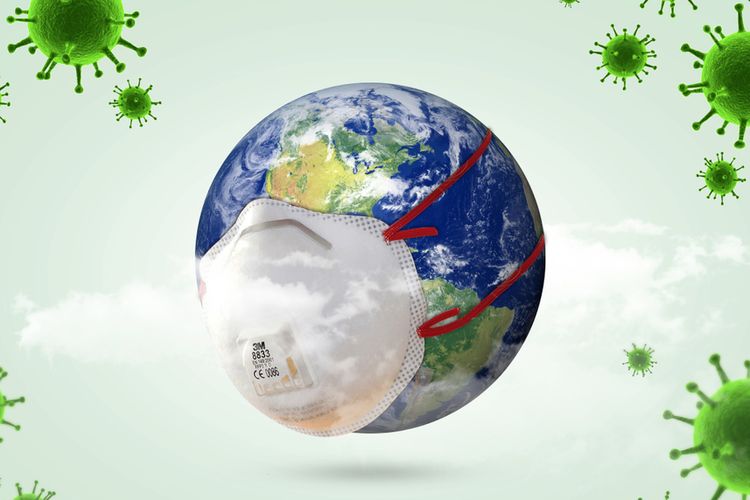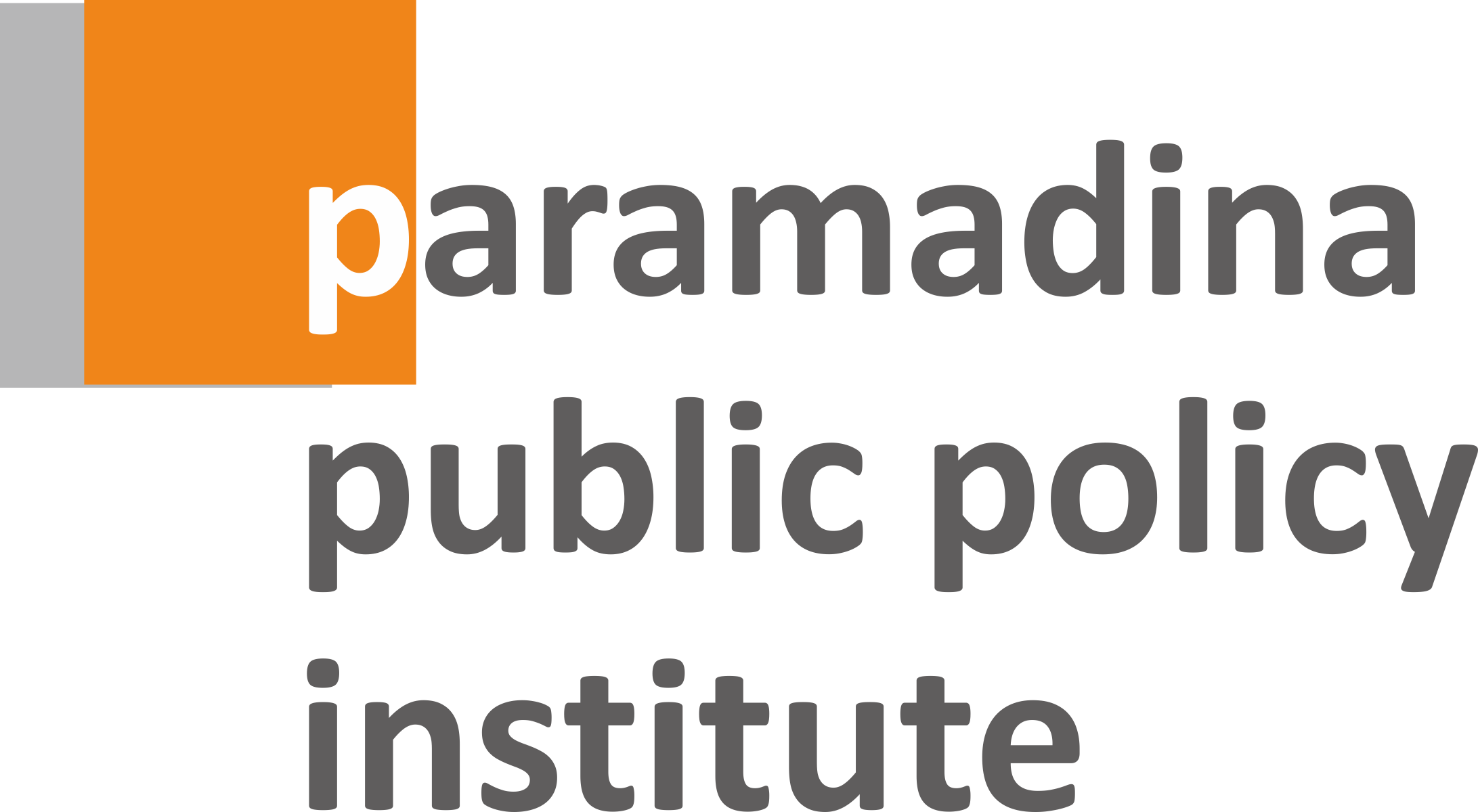
Philip Stevens and Muhamad Ikhsan
Paramadina Public Policy Review, May 29, 2020
The utmost solution to the novel coronavirus crisis may still need to see through the foundation of a relevant, new vaccine or treatment. Until then, an array of medical supplies surely can help tackle the virus, from hand sanitizer to medical ventilators. Less helpful, of course, are the unnecessary, slow regulations, bans, and red tape which could be standing in the way.
Governments can do much to improve the situation, and open trade could be a valuable place to start. Every country needs good access to medical supplies as affordable as possible. But many governments raise the prices by levying needless import tariffs, including on medicines, personal protective equipment, and vaccines.
For example, Nepal sets a 15% average tariff on medicines, Ecuador 55% on personal protective equipment, and India 10% on vaccines.
Some countries have shown leadership by temporarily exempting Covid-19 medical supplies from import duties and taxes, including Pakistan, Brazil, Colombia, and Norway. That is indeed a positive move, but temporary as it leaves the manufacturers uncertain and undermines their preparation for future pandemics.
In that sense, it is advisable that all countries should make tariff-free trade permanent, perhaps through a legally binding commitment administered by the World Trade Organization.
Export bans on COVID-19-related medical supplies are more problematic still. By late April, 80 countries and separate customs territories instituted an export curb to preserve stocks for their populations. While they may secure short-term access to inventory, export bans are incredibly harmful.
Medicines and medical supplies have global supply chains. Thus, export bans could cause them significant disruption. Ventilators, for example, have over 700 separate components, sourced from various countries. Medicines also rely on globally distributed manufacturing supply chains, particularly for active ingredients.
Breaking these well-interdependent chains will soon see global shortages. We are already seeing these new shortages occurring in the global supply of medicines unrelated to Covid-19, such as paracetamol and antibiotics.
There is another way. Singapore and six other Asia-Pacific countries provide a model through their joint commitment to open supply chains, recognizing that export bans do more harm than good. More countries should also commit to safeguarding global supplies.
Covid-19 is a newly identified disease. Innovation will undoubtedly be crucial to a long-term solution. And not just in the invention of new therapeutics and vaccines, but also in their mass manufacture and rapid distribution globally.
The private sector, often in partnership with universities and government research institutes, has responded rapidly. More than 140 experimental coronavirus treatments and vaccines are under development worldwide, including 11 in clinical trials.
Governments can help in two ways. Firstly, they need to avoid blocking the cross-border flow of epidemiological and clinical data essential to research and development (R&D) efforts for COVID-19. The more significant and more varied data sets, the more effective and rapid these efforts will be.
Data is often stranded in its country of origin due to general laws requiring data stored in local servers, coupled with de facto bans of cross-border data flows. Usually, such laws are presented as privacy safeguarding, which in reality, they are an attempt to boost local ICT industries such as data centers. China, India, and Russia are the highest-profile offenders, but of course, not the only ones.
If the necessary privacy and legal safeguards are in place in destination countries, governments should confidently allow a more relaxed, tailored regulatory framework for Covid-19 clinical and epidemiological data. Without such an endeavor, new, potential treatments will be delayed, and lives could be needlessly lost.
Secondly, governments should not rush to pre-emptively remove intellectual property rights for any new COVID-19 treatments or vaccines that emerge in the coming months.
Germany, Canada, Chile, and Ecuador have made moves to do so, while multilateral bodies, including the G7 and World Health Organization, are working on formulating new rules to compel the sharing of these rights.
This is misdirected. The real problem is the current scarcity of IP for COVID-related medicines IP. The world needs more companies to join the quest for new treatments and vaccines, but such policies send a strong signal to stay away.
A potential problem with manufacturing and distribution looms too. If governments do co-opt the IP of any successful treatment or vaccine, they face the logistical nightmare of coordinating the manufacture and global distribution of billions of doses.
Cooperation with rights holders, not confiscation, is undoubtedly a sensible strategy.
In the end, solutions to the COVID-19 crisis will come from keeping goods moving freely around the world, and the innovation coming out of numerous labs globally. It is imperative to ensure that endeavors from the governments’ side do not instead become a hindrance. (*)
Philip Stevens is Executive Director of Geneva Network, England. He can be reached at philip@geneva-network.com
Muhamad Ikhsan is Senior Researcher of Paramadina Public Policy Institute, Indonesia. He can be reached at muhamad.ikhsan@policy.paramadina.ac.id.
